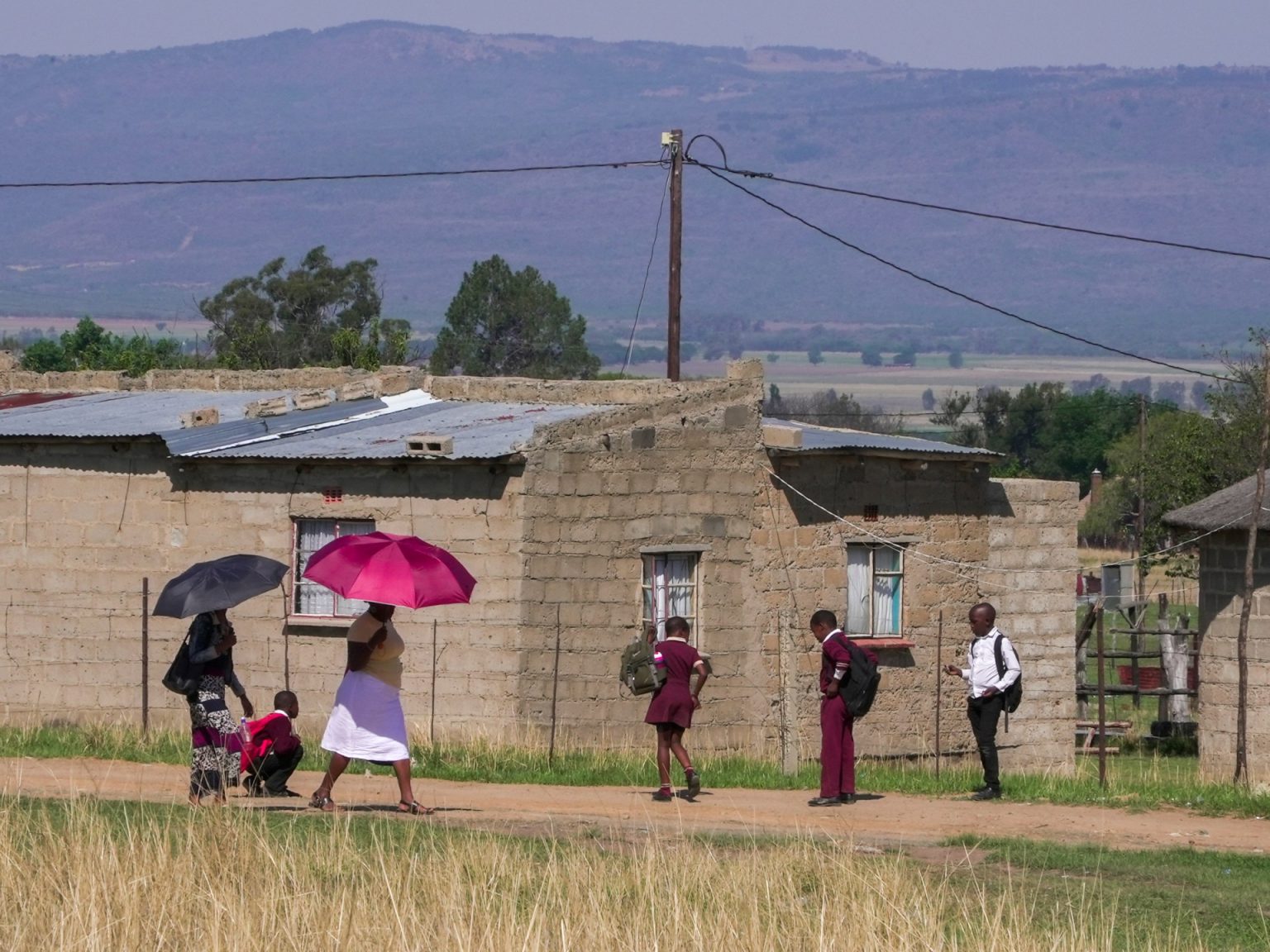For over a decade, Johanna Motlhamme has been trying to reclaim her family home that was sold without her consent, leaving her and her children without their rightful inheritance. This issue stems from the discriminatory laws during apartheid in South Africa that prevented Black people from owning land, a situation that was exacerbated after democracy when legislation meant to rectify racial injustices created gender barriers instead. The Socio-Economic Rights Institute (SERI) highlighted that many Black families in urban townships across South Africa are still battling for ownership and security of their family homes.
Motlhamme’s story dates back to 1977 when she married her husband and moved into a two-bedroom house in Soweto. In the past, Black individuals in cities could only secure long-term leases for their homes. When apartheid ended in 1994, the Upgrading of Land Tenure Rights Act of 1991 was introduced to provide more secure land tenure for Black individuals. However, this act only allowed men to hold property permits, excluding women like Motlhamme from inheriting their family homes. Motlhamme found herself without a title deed and unable to stop the sale of her home after her ex-husband passed away.
In 2018, South Africa’s Constitutional Court ruled that the Upgrading Act was unconstitutional and ordered amendments to allow affected women to make submissions regarding property ownership. Despite the recent amendments to the act, many people are still struggling with housing disputes and evictions in Johannesburg and other townships. Customary law and patriarchal customs have placed women outside the law, leaving them vulnerable to losing their homes and facing eviction notices from family members. Women like Motlhamme and Lebo Baloyi continue to fight for their rights to inherit their family homes.
The Land Rights Restitution Act of 1994 was meant to redistribute land in South Africa and address historic land injustices. However, the government has faced challenges in processing land claims, including delays and gendered issues related to land tenure in townships. The Deeds Registries Amendment Bill aims to resolve current challenges by proposing an online deeds recording system to secure property rights. While the government works to address these issues, families who have lost their homes are growing impatient and want swift resolution. Motlhamme’s son Maimane hopes the court will settle the matter of her ownership of the family home soon so that they can reclaim their childhood home.
The discriminatory property laws in South Africa have disproportionately affected Black families, particularly women and children who are at risk of losing their homes and facing homelessness. The legacy of apartheid laws and customs has entrenched gender disparities and property ownership rights favoring men over women, leading to familial disputes and uncertainty around land inheritance. As the government works to address these issues and streamline land restitution processes, families like Motlhamme’s and Baloyi’s continue to seek justice and security in reclaiming their family homes.













